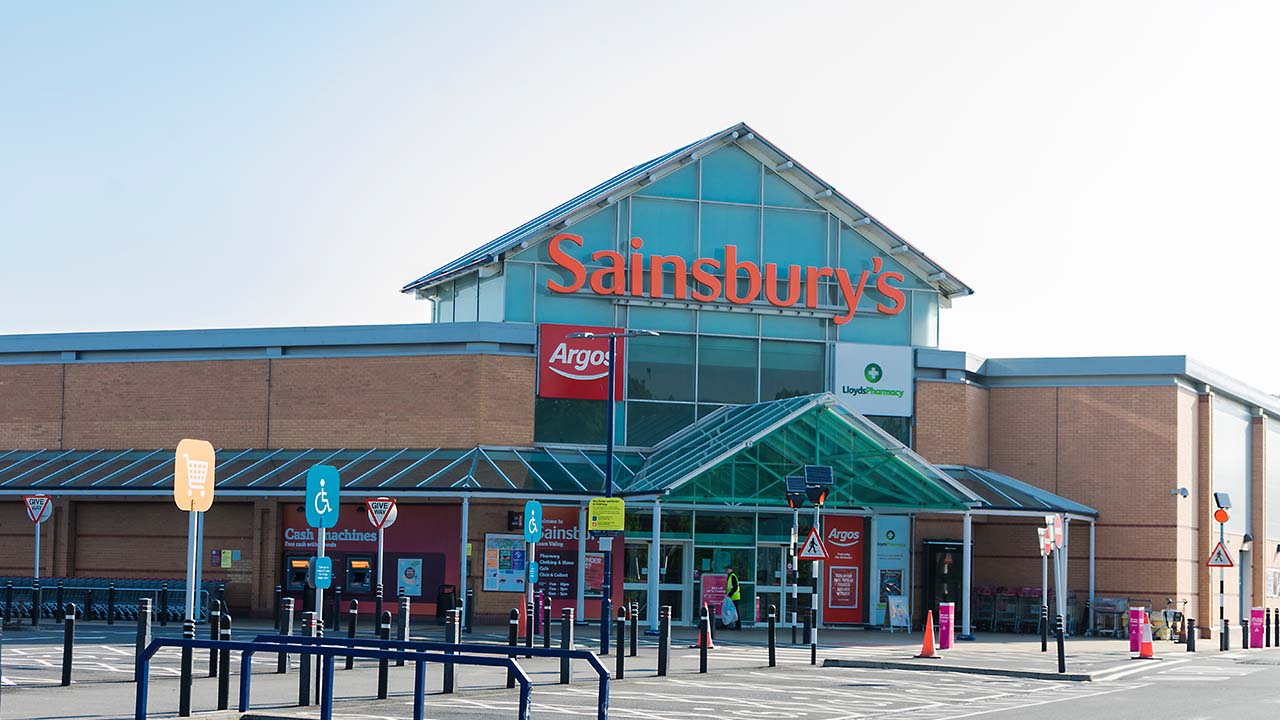In News
Follow this topic
Bookmark
Record learning outcomes
Mid-January saw LloydsPharmacy announce plans to withdraw from all of its 237 Sainsbury’s branches by the end of the year, a move that rang alarm bells throughout the sector
Ending a relationship with Sainsbury’s that began in 2015, the multiple – which posted a loss of £100m in its 2021-22 accounts – described the move as a “response to changing market conditions” that was decided following a “strategic review”.
The decision affects up to 2,000 employees whose roles remain unclear as Sainsbury’s has not indicated whether it plans to maintain the sites as pharmacies. P3pharmacy understands that where Sainsbury’s-based LloydsPharmacy branches have closed previously, the supermarket chain has put the sites to alternative commercial uses – including one becoming a sushi counter.
The company’s statement added: “LloydsPharmacy is currently exploring options for each individual branch, which means that the timeline and plans will vary on a branch-by-branch basis.“It remains committed to its colleagues and is doing all it can to support them through the process.”
Potentially hinting that many of these sites will no longer function as pharmacies, it said: “A recent review of the affected branches confirmed that almost all customers will be able to access pharmacy services from nearby local alternatives from within a mile or less.”
Boots said it welcomed applications from concerned LloydsPharmacy staff for the more than 1,500 roles it is recruiting for “at all levels” across the UK, including pharmacy advisors (dispensers), trainee pharmacists and experienced pharmacists. Similar sentiments were voiced by Rowlands and Well.
LloydsPharmacy chief executive officer Kevin Birch said: “This decision has not been an easy one and we understand that our patients and customers may have questions about how the change will affect them.
“We would like to thank them for their continued support and assure them that we are committed to providing a smooth transition over the coming months.
“I am very grateful to all our colleagues for their dedication to our patients, customers and communities.”
The UK’s second largest pharmacy multiple has battled financial difficulties for several years, and its latest announcement has added fuel to speculation that a significant portion of the wider LloydsPharmacy estate will also be sold off during 2023.
In 2021, it was bought for £477m from previous owner McKesson by asset management group Aurelius – down significantly on its 2014 sale price.
Commentators have been quick to note the implications for the sector as a whole, with PSNC chief Janet Morrison warning that the announcement offers a clear sign – if it were needed – that community pharmacies are facing unsustainable pressures.
“Community pharmacies have had their funding cut by some 30 per cent over the past seven years and are facing more extreme pressures than ever before,” she said.
“This significant shrinkage by the second largest pharmacy chain is an extremely worrying development and one of the clearest signals yet of just how much all community pharmacies are struggling to make ends meet. We know that many are at breaking point.”
Phoenix UK’s deputy managing director Nigel Swift said: “This has to be a wake-up call for Government. At a time when the NHS is in crisis, the community pharmacy network is needed more than ever before.”
Leyla Hannbeck, chief executive of the Association of Independent Multiple Pharmacies, offered this warning: “If big organisations like Lloyds are struggling to make pharmacies pay, where does that leave the rest of us?”
Support for affected pharmacists
The Pharmacists’ Defence Association (PDA), which secured trade union recognition at LloydsPharmacy last year, said it would work “tirelessly” with pharmacists affected by the announcement to try to avoid job losses.
PDA Union assistant general secretary Mark Pitt said: “We have seen many disposals of LloydsPharmacy branches over recent months and we know more may occur. However, for every disposal there has been a buyer, therefore patients and communities have seen no reduction in availability, the pharmacy network has not lost capacity and there were no job losses.
“This situation is different and means significant reductions in access to a pharmacy for patients and we expect those who represent communities to be concerned about the loss of a key part of their local NHS service.
“Forward-thinking governments around the UK are seeking to make greater use of pharmacies as the most accessible contact point in the NHS, to reduce pressure on other parts of the healthcare system, so there should be greater community pharmacy capacity, not less.”

